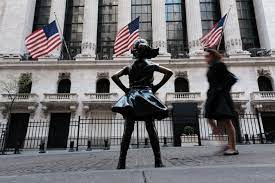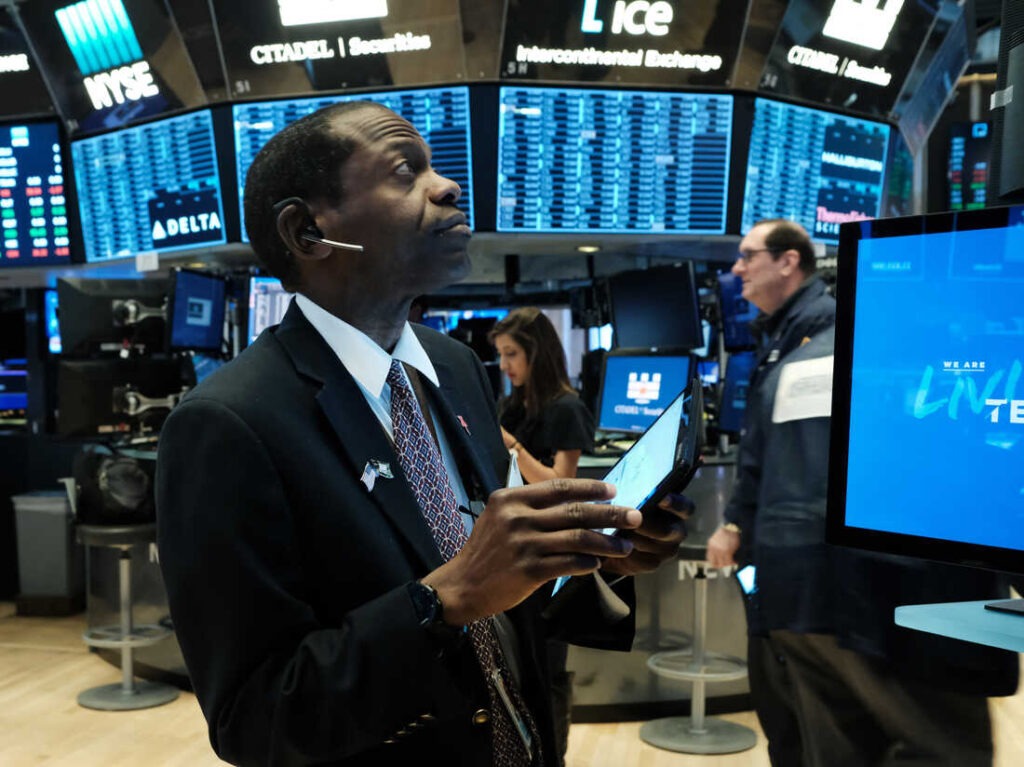The war in Ukraine has tended to increase uncertainty regarding inflation and growth prospects. When and with what consequences this war will end is pure speculation, but capital markets are expected to build a certain immunity to the headline risks in the coming weeks. The medium- to long-term consequences, on the other hand, could be significant. It is possible that we are at the beginning of a new bloc formation or a new Cold War. This would put a significant damper on globalization and further fuel higher structural inflation.
Wall Street closed higher on Wednesday, with the Dow adding 60 points and the S&P 500 rising 0.3% to halt three consecutive sessions of declines, while the Nasdaq gained 0.4% with continued support from the tech sector. Investors refrained from taking big positions ahead of the Jackson Hole symposium tomorrow, with Fed Chair Powell expected to emphasize the need to bring inflation down during his speech on Friday. Elsewhere, European shares snapped a three-day sell-off to end yesterday’s session slightly higher, with the Euro Stoxx 50 adding 0.4%, driven by gains among defensive shares such as healthcare and consumer staples.
Summary
- Shares in Asia went up on Thursday, with Hong Kong’s session resuming in the afternoon after trading was halted in the morning due to a typhoon warning. Meanwhile, shares in China rose for the first time in 3 sessions, buoyed by more stimulus from Beijing. The Kospi gained notably as the Bank of Korea raised its base rate by 25bps to 2.5%.
- European equity markets are set for cautious gains this morning while US equity futures are pointing to a flat open.
- Oil prices climbed for the third straight session this morning to the highest level in three weeks, as signs of a tightening supply outlook countered fears of a demand-sapping global economic slowdown. Saudi Arabia flagged potential output cuts by OPEC+ earlier this week to deal with market volatility, while an OPEC source disclosed that any such cuts are likely to coincide with a return of Iranian oil to the market.
- China stepped up stimulus with a further 1 trillion yuan ($146 billion) of measures to help its economy recover from Covid-related disruptions, property sector woes and power shortages. The State Council outlined a 19-point package including another 300 billion yuan that state policy banks can invest in infrastructure projects and 500 billion yuan of special bonds allocated to local governments.
- Taiwan proposed $19 billion in defense spending for next year, a double-digit increase on 2022 that includes funds for new fighter jets, weeks after China staged large-scale war games around the island it views as its sovereign territory.
- New orders for US-made capital goods were unchanged in July, well below market forecasts of a 0.6% rise. It is the lowest performance in five months, mainly due to a 0.7% drop in transportation orders. Meanwhile, a proxy for investment in equipment increased 0.4%, easing from a 0.9% advance in June but slightly higher than forecasts of 0.3%.
- Novartis announced this morning that it would spin off Sandoz and list it on the Swiss stock exchange to create the No. 1 European generics company. The completion of the transaction was expected in the second half of next year.
- Nvidia predicted third-quarter revenue below market expectations on Wednesday, delivering a one-two punch as weak gaming demand led to a 19% sequential decline in second-quarter sales.






